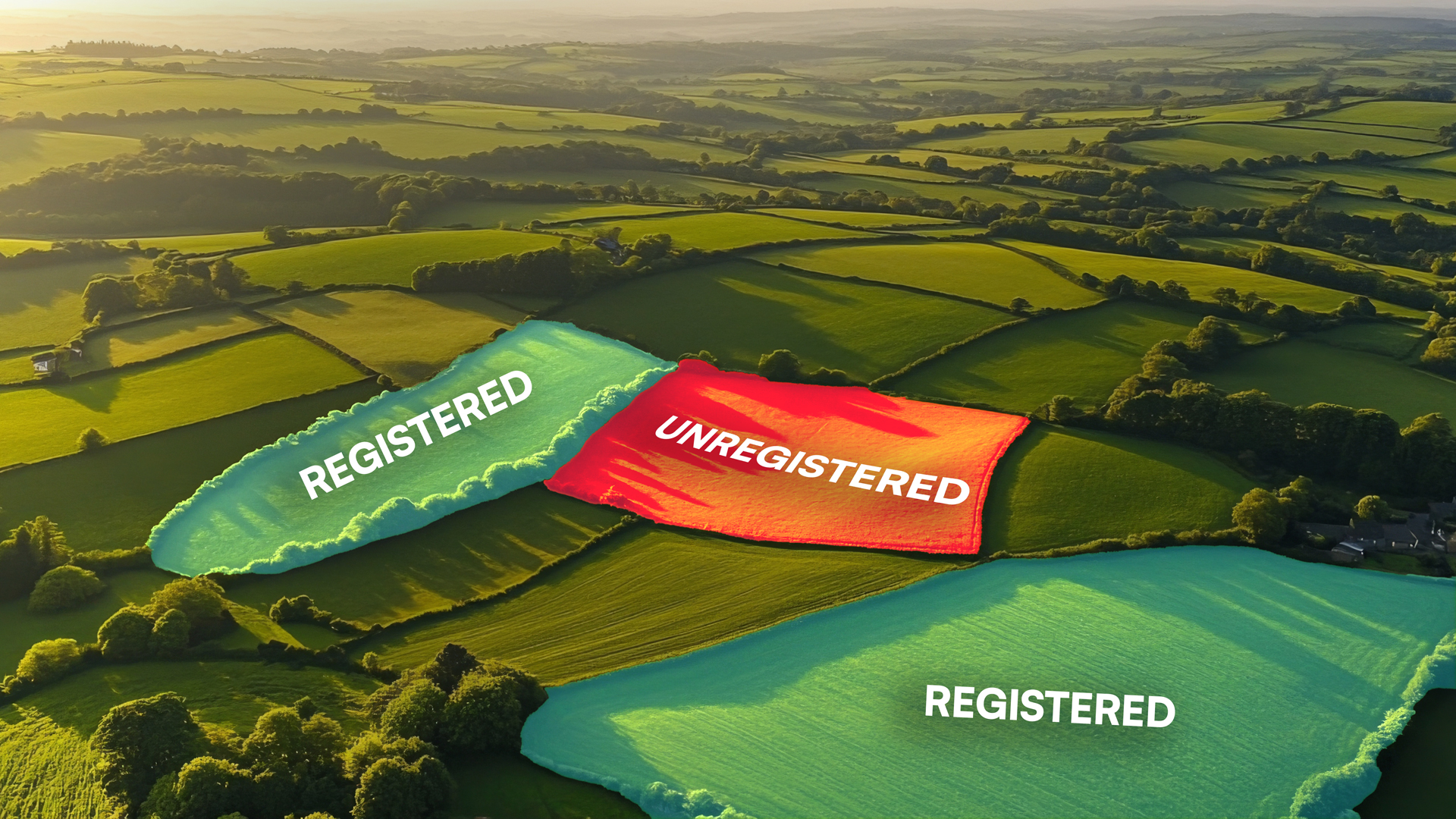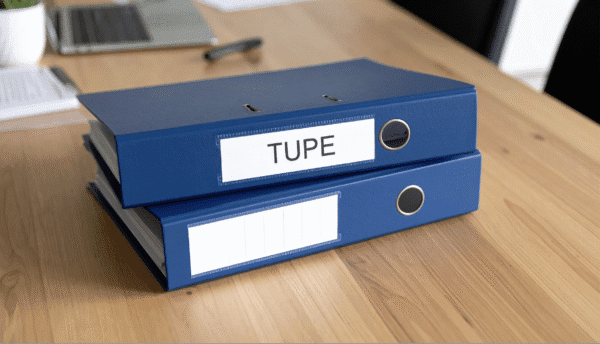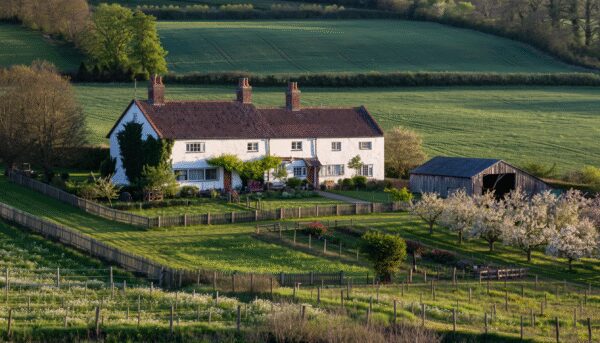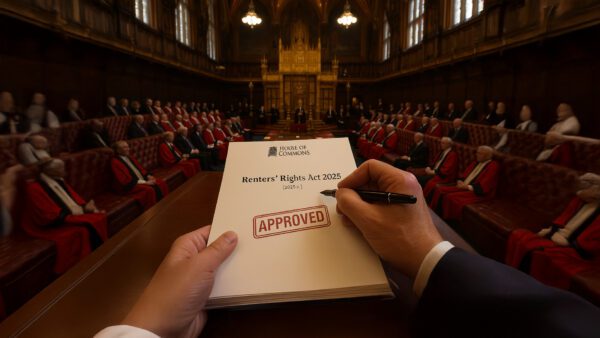Understanding the status of land is crucial when buying and selling property. One key distinction is whether the land is registered or unregistered. It is important that property owners are aware of the differences between registered and unregistered land, as it can largely impact the rights associated with the land and the ease with which the ownership can be transferred.
What is Registered Land?
Registered land refers to property that has been officially recorded at HM Land Registry. An individual title number and title register are allocated to each registered property, which contains information such as the property description, ownership details and any mortgages or restrictive covenants that are attached to the land. This information is collectively referred to as ‘title information’ which can be accessed by anybody by downloading a title register from the Land Registry website, such as potential buyers, who may wish to check the details of the land they are interested in purchasing.
Benefits of registering land:
1. Proof of Ownership
A title register provides clear evidence of ownership, eliminating uncertainty and any potential disputes regarding ownership.
2. Protection Against Fraud
You can request that the Land Registry require identity verification before registering any changes to the land, making it significantly harder for someone to claim ownership of your property. You can also sign up to receive Land Registry Property Alerts, which will notify you of any activity in respect of the property’s title.
3. Simplified Transactions
All necessary information is readily accessible through the Land Registry. Potential buyers and their conveyancers can quickly check the status and ownership of the land without having to review old deeds.
4. Record Keeping
Land Registry records are maintained electronically, removing the risk of paper deeds becoming damaged or lost.
5. Protection against Adverse Possession
The Land Registry will notify the registered owner of an application claiming adverse possession, also known as ‘squatter’s rights,’ providing the opportunity for an objection to be lodged.
What is Unregistered Land?
Unregistered land, in contrast, is land that has not been formally recorded at the Land Registry and ownership is often proved through historical title deeds. Given the rules on compulsory registration, unregistered land is becoming increasingly less common, and the majority of unregistered land is likely to be land that has remained in the same ownership or family for a long period of time. This distinction is particularly relevant to agricultural property, where land ownership may have been passed down through generations, resulting in a higher likelihood of unregistered land and complex historical title deeds. Only in circumstances where ownership of the land has been transferred or the property has been re-mortgaged, will the requirement for first registration arise. Until such event, the land can remain unregistered.
If you wish to check whether a piece of land is registered or not, you can apply to the Land Registry for a search of the index map (SIM search) which will reveal whether the area of land is registered. If registered, you will be provided with the title numbers specific to that property from which you can obtain the relevant title registers to view ownership details, any rights that the property benefits from and whether the property is subject to any restrictions, leases or mortgages.
Implications of unregistered land:
1. Difficulties Securing Financing
Some lenders are reluctant to finance unregistered land due to the complexities connected with verifying ownership.
2. Boundary Disputes
Without clear and detailed plans, it can be hard to establish where the boundary lies between your property and neighbouring land. Registration can help you to discover whether yourself or your neighbours have been occupying land outside of your legal boundaries. The complexities of unregistered land can be especially problematic for agricultural properties, where precise boundary definitions and land usage rights are crucial for farming operations and potential future development.
3. Difficulties in Enforcing Property Rights
It may be difficult to enforce any rights you may have over neighbouring land, especially if ownership of the neighbouring property is transferred.
4. Inheritance Complications
Without official title documents, it may be difficult to prove an uninterrupted chain of ownership. This can lead to delays in transferring the property.
Land Registration
For owners of unregistered land, you do not need to wait for an event to trigger registration, such as a sale or re-mortgage, before applying to HM Land Registry. This is known as voluntary first registration. To apply for first registration, landowner must submit copies of the most up to date deed evidencing ownership alongside an application form. The Land Registry will also require a fee for each application lodged, which is calculated based on the value of the property, however the fee for a first registration application is reduced to encourage landowners to register their property.
It is important to note that the Land Registry have provided an estimated turnaround of 14 months for first registration applications, therefore if you are considering selling unregistered land in the near future you may wish to instruct a solicitor early on to ensure that everything is in place before proceeding with the sale to avoid delaying the transaction. Please note that if you wish to dispose of your property whilst your application is still pending, you can request to expedite your application with the Land Registry. As long as you provide evidence of the intended disposal, this should be sufficient for the Land Registry to grant the expedite request.
Once registration has completed, the Land Registry will allocate a unique title number and individual title register to your property. As part of the process, the Land Registry will also provide a title plan outlining the full extent of the land in question.
Conclusion
The distinction between registered and unregistered land plays a vital role in property ownership and protection. If your land has not been registered at the Land Registry, it is important to be aware of the risks associated with unregistered land and what steps you can take to obtain greater security over your property.
At Quastels, we are here to provide guidance and to protect your property interests. If you are unsure whether your land is registered at HM Land Registry, or wish to discuss property-related matters, please contact our Commercial or Residential Real Estate teams.









